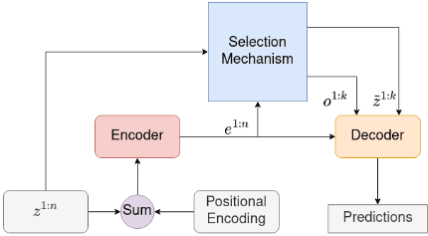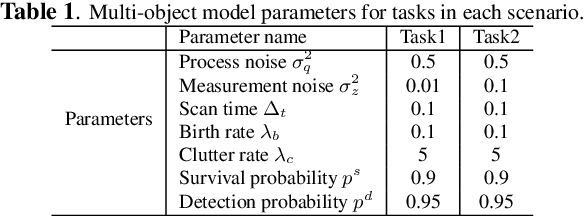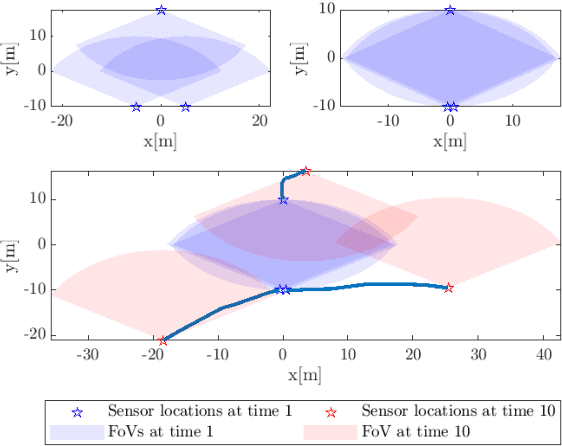Chen Dai
Fluid Antenna for Mobile Edge Computing
Mar 18, 2024



Abstract:In the evolving environment of mobile edge computing (MEC), optimizing system performance to meet the growing demand for low-latency computing services is a top priority. Integrating fluidic antenna (FA) technology into MEC networks provides a new approach to address this challenge. This letter proposes an FA-enabled MEC scheme that aims to minimize the total system delay by leveraging the mobility of FA to enhance channel conditions and improve computational offloading efficiency. By establishing an optimization problem focusing on the joint optimization of computation offloading and antenna positioning, we introduce an alternating iterative algorithm based on the interior point method and particle swarm optimization (IPPSO). Numerical results demonstrate the advantages of our proposed scheme compared to traditional fixed antenna positions, showing significant improvements in transmission rates and reductions in delays. The proposed IPPSO algorithm exhibits robust convergence properties, further validating the effectiveness of our method.
Deep Fusion of Multi-Object Densities Using Transformer
Sep 23, 2022



Abstract:In this paper, we demonstrate that deep learning based method can be used to fuse multi-object densities. Given a scenario with several sensors with possibly different field-of-views, tracking is performed locally in each sensor by a tracker, which produces random finite set multi-object densities. To fuse outputs from different trackers, we adapt a recently proposed transformer-based multi-object tracker, where the fusion result is a global multi-object density, describing the set of all alive objects at the current time. We compare the performance of the transformer-based fusion method with a well-performing model-based Bayesian fusion method in several simulated scenarios with different parameter settings using synthetic data. The simulation results show that the transformer-based fusion method outperforms the model-based Bayesian method in our experimental scenarios.
 Add to Chrome
Add to Chrome Add to Firefox
Add to Firefox Add to Edge
Add to Edge